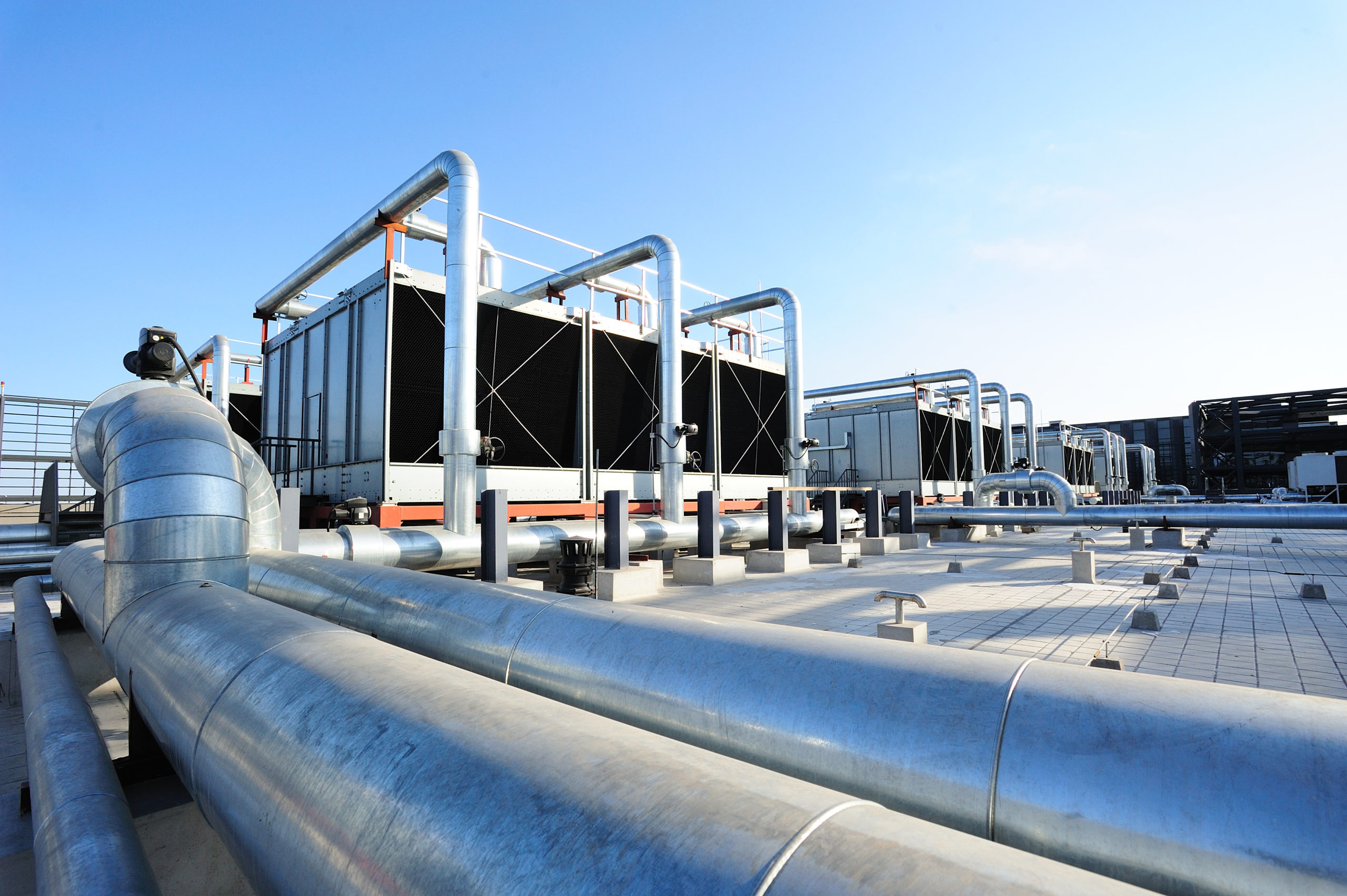Water Treatment Considerations for 2021
The new year is always about starting things out on the right foot and the same goes for water treatment. 2020 and the Covid-19 pandemic created a unique set of problems that impacted most businesses in never-before-seen ways. Many facilities were shut down for extended periods of time or saw reduced occupancy, which means that many water systems were left stagnant for weeks or even months. This can lead to certain issues upon reopening and it may be worth looking into new water treatment options to make sure your systems are still safe and effective. So considering the unique challenges of last year, as well as general water treatment best practices, we have come up with a list of three things to consider for water treatment in 2021.
1. Is your facility protected from the risks and liabilities of Legionella?
Legionella can pose a safety liability risk if left unmanaged, and more and more facilities are seeing new requirements regarding water treatment plans that specifically protect against Legionella. The Legionella bacteria can be spread through complex water systems, and can lead to Legionnaires Disease, which can be deadly. Certain groups such as the elderly and the immune-compromised are especially at-risk, and it is in the best interest of all facilities with complex water systems to develop water management plans and procedures that reduce the risk of Legionella if they haven’t done so already. The only real way to prevent Legionella and other major issues associated with un-managed water is with effective water treatment. To remain safe and compliant with water treatment standards, a management plan is key.

2. Save money, water, and go green with Tannin treatment for boilers

Boilers are susceptible to a number of water treatment issues that can significantly decrease their efficiency and increase operation costs over time. Tannin treatment is an effective way of preventing and reducing several of the issues associated with boiler water such as scaling, corrosion, and fouling. And while tannin technology can help to save water and money, and make boilers more efficient, certain forms of the treatment solution, such as purified tannins, are derived from renewable resources for the added bonus of being a more environmentally-friendly option. If you haven’t looked into tannin treatment already, we highly recommend doing so this year.
3. Cooling water corrosion issues? Optimize treatment programs and operations to minimize corrosion issues and extend equipment life
Many facilities utilize cooling towers and consistent water treatment is important for maintaining the efficiency and longevity of these towers. Cooling towers are susceptible to a number of water-related issues, including corrosion, which can damage the equipment and eventually lead to costly repairs or early replacement of the system equipment. To prevent these unnecessary expenditures we recommend an optimized water treatment program to help defend against the likes of corrosion and fouling and keep your operations running as smoothly as possible. Get in touch today to learn about all the ways that FCT Water can help take on the burden of your water treatment.

